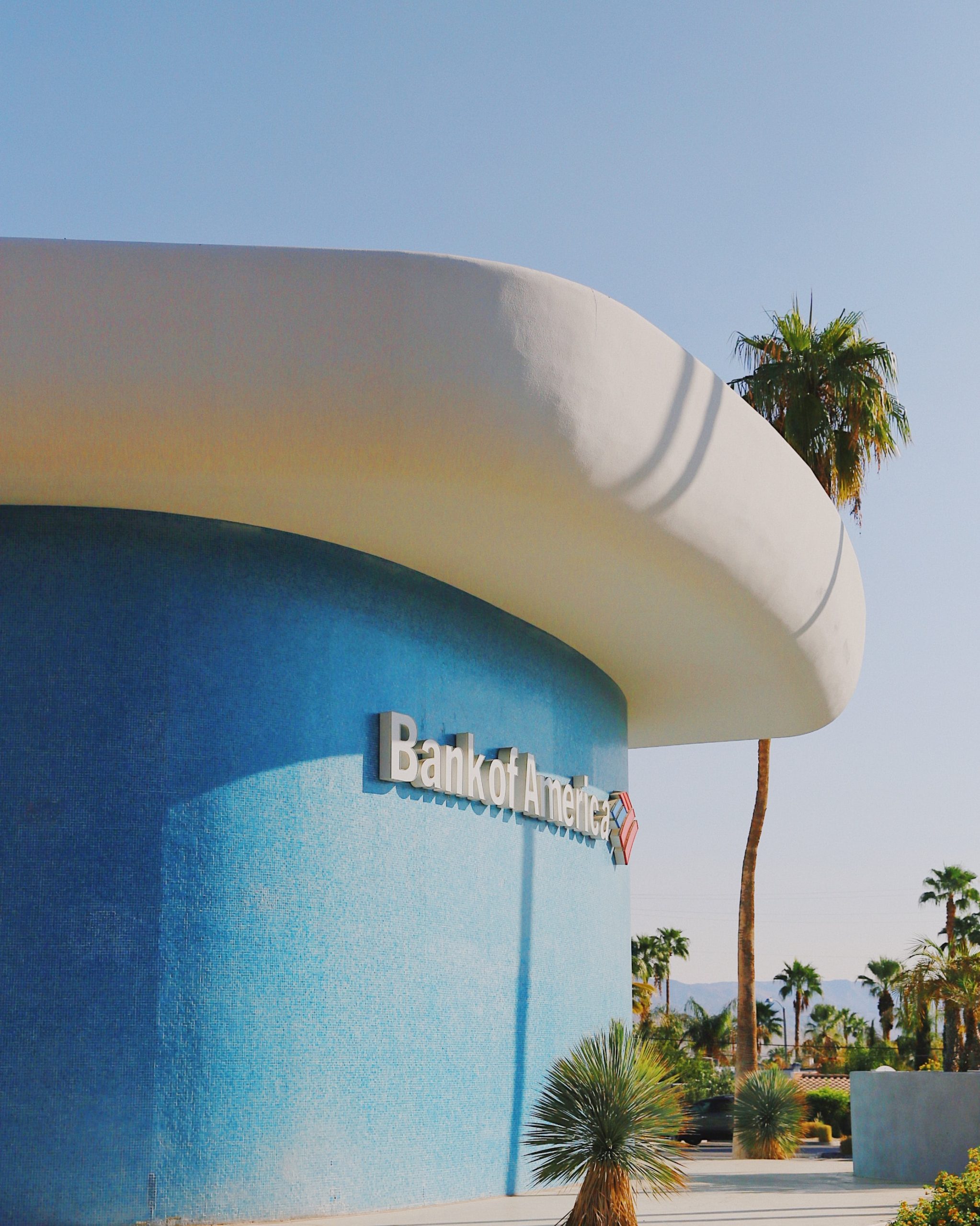
Unforgivable: Is Bank of America Trying to Pull a Fast One?

It’s worth re-reading the New York Times story by Gretchen Morgenson from yesterday if you want to understand how hard it is to bring a case and affect change in the banking world and why people may not trust the process.
Look, I’m a little biased here and I admit it. I worked on a False Claims Act case against a big bank (not the one in this story below), and while one could argue that justice was done, I learned also some of the limits of that justice. The arcane regulations in the world of mortgages make it difficult to handle allegations against the banks.
Now it seems that in a huge settlement of numerous claims against Bank of America it is also hard to tell what is being counted as a payment by the Bank.
The New York Times reported the settlement was for a record $16.7 Billion dollars. The Times also links to the settlement agreement, which lists several cases as “sealed v. sealed” as being included in the action, indicating that there were relators in False Claims Cases involved, of course. I regret I don’t know who the whistleblowers and their attorneys were in the underlying cases, but I’d be happy to have comments from them and I’ll update this blog with that information if they are at liberty to write. They are heroes, of course, but that oddly is not the point of this blog. I’m usually only too happy to extoll the heroism of such whistleblowers and their attorneys.
No, what the New York Times Article points out is that the Bank of America is now apparently attempting to “forgive debt” that has already been discharged in bankruptcy. It is unclear if that debt forgiveness counts as part of the money that they have to pay in settlement. According to Morgenson:
In the settlement, Bank of America is required to make a wide array of loans more affordable for borrowers. The bank was expected to forgive or reduce the amounts owed on the first and second mortgages it held. In exchange, the bank would receive credit for these reductions in dollar amounts outlined in the settlement.
(Okay got it? The Bank can make payments against what they owe in the settlement, and apparently can do so by reducing the principal owed on mortgages…But wait…)
Bank of America, in pursuing its goals, has told a number of borrowers that it intends to “forgive” some loans that have been discharged in borrowers’ bankruptcies. But that debt has already been forgiven…
Huh? If you have already had the debt discharged in bankruptcy, what exactly would the bank be forgiving? What would their chance be to collect anything? Zero is the most likely answer.
IF the Bank submits this as a “payment” of anything related to the settlement, here’s hoping somebody does something about it. How can a debt already discharged in bankruptcy count as something the bank is paying to mortgage holders as relief?
Look, I do get that the bank is out money when in fact it loses the right to collect anything because of bankruptcy, but they did not forgive the debt prior to Bankruptcy. If they had, the mortgagor might not have gone bankrupt, so it’s a little late for the bank to say, gee, we are going to provide this relief. They enforced the mortgage, which is certainly their right, but as part of that the mortgagor went bankrupt. Now that the bank has settled a huge case involving multiple allegations, should they get credit for relieving that post bankruptcy debt?
Here’s hoping that if that is what the bank is doing, then the government says, “no.” We need global settlements involving False Claims Cases to count for something real.












